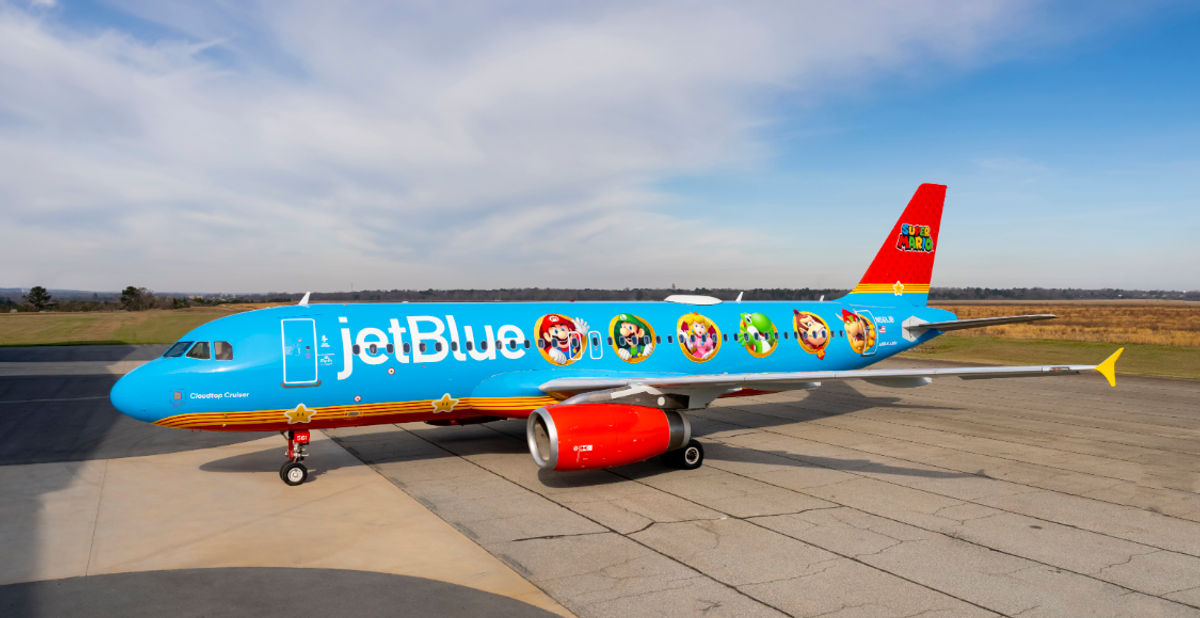In recent years, the demand for outdoor experiences in Malaysia has grown significantly, with camping and glamping emerging as popular choices for individuals seeking to reconnect with nature.
However, one aspect often overlooked in this growing trend is pet inclusion. While many travelers enjoy exploring the outdoors with their pets, options for pet-friendly accommodations have been limited.
Addressing this gap is Little Habitat Camp, a site founded by Sim Casheen in Bentong, Malaysia.
Little Habitat Camp officially opened in June 2022 following six months of research and development.
Casheen, who has long held a passion for the outdoors, recognized a market opportunity during the pandemic when travel restrictions heightened interest in nature-based getaways.
Speaking to Vulcan Post, she explained, “While camping isn’t a new concept, it used to be associated with rugged adventures… But this wave of interest came from people who weren’t necessarily hardcore adventurers.”
She observed that many people sought nature experiences without the logistical burdens typically associated with traditional camping.
To meet this demand, Little Habitat offers two core experiences: a bring-your-own-tent (BYOT) model and a glamping option featuring four types of furnished tents, including a Bungalow Tent that accommodates up to eight guests.
The site provides 24-hour on-site crew assistance, modern amenities, and a secure environment.
Importantly, Little Habitat differentiates itself with its pet-friendly approach. The site not only welcomes pets but also hosts events tailored for them and their owners.
In 2023, Little Habitat held its first “Pets Day Out,” a two-day event that attracted more than 100 pet owners and around 50 dogs daily.
Activities included an Amazing Race-style challenge, wellness workshops, and photography sessions. “It was a clear sign that people not only loved the space, but valued the hospitality and warmth we work so hard to deliver,” Casheen noted.
For business owners in the outdoor hospitality sector, Little Habitat presents a case study in identifying underserved niches, such as pet owners, and creating experiences that foster community.
Casheen emphasized that maintenance, especially in a tropical climate, remains a key operational challenge.
“Maintenance is one of the biggest hidden costs in this business,” she shared. Tents are only set up upon confirmed bookings to extend their lifespan, and additional resources are allocated to managing wear caused by pets.
Operating the site is labor-intensive, with staff beginning their day at 7 a.m. and often working past 11 p.m.
Duties range from preparing meals and managing check-ins to deep cleaning and equipment upkeep. Casheen underscored that their motivation stems more from passion than profit.
“Little Habitat wasn’t built with profitability as the main goal—for us, it’s always been more of a passion project focused on creating a safe and welcoming space for both people and pets to reconnect with nature.”
For entrepreneurs in the glamping or RV park industries, Little Habitat’s approach highlights the importance of customer-centric service.
Casheen advised, “You can never go wrong by going beyond what’s expected. Don’t be calculative when it comes to hospitality.” Her long-term plans include hosting more community-driven events, reinforcing bonds among guests, and encouraging repeat visits.
As consumer interest in nature-based experiences continues to evolve, businesses that accommodate broader needs, including pet-friendliness and hassle-free stays, may find new avenues for growth and guest loyalty.
.png)
.png) 7 hours ago
1
7 hours ago
1








 English (US) ·
English (US) ·  Spanish (ES) ·
Spanish (ES) ·